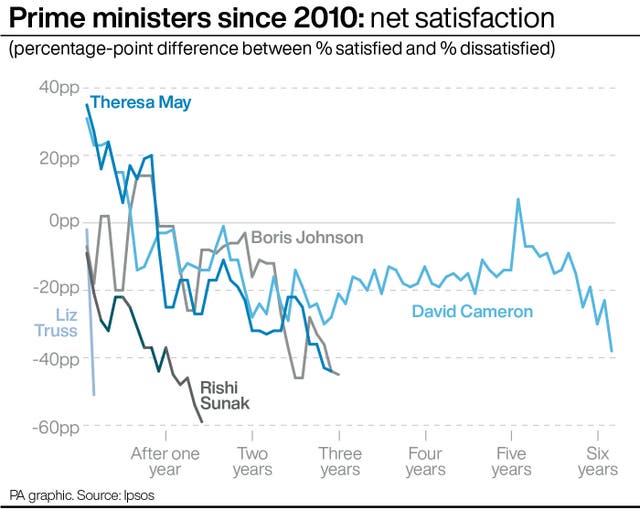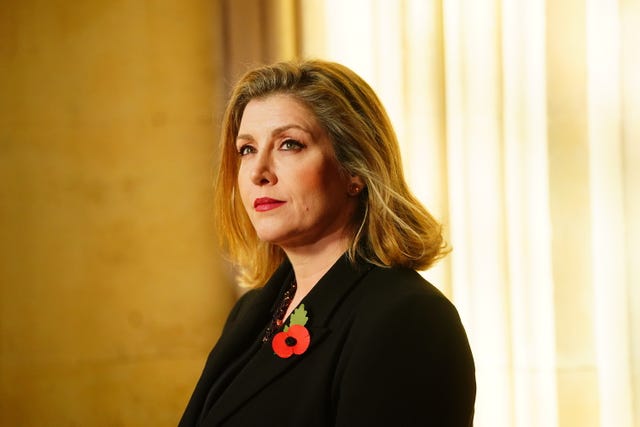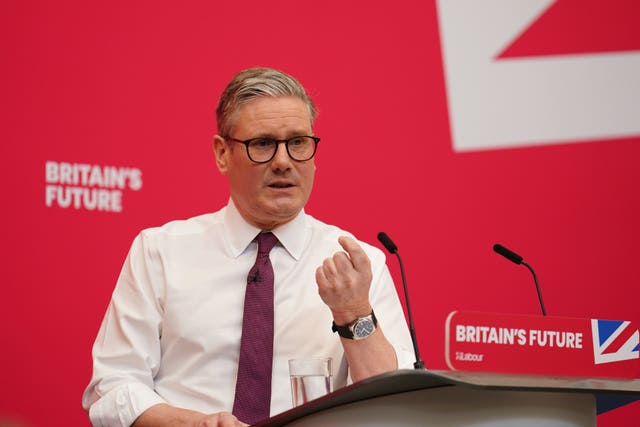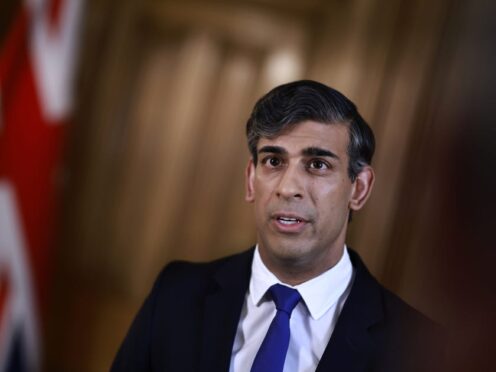Support for the Conservatives has reached a new record low as the party’s polling numbers continue to fall.
A poll for Ipsos UK published on Thursday saw the party record its lowest ever score since the market research company started its regular voting survey in 1978, with just 19% saying they would back the Tories.
The figure is even lower than the 20% recorded for the Conservatives by Ipsos last month, and three points lower than the previous nadir of 22% recorded by John Major in May 1995, two years before Tony Blair’s landslide election win.

There was further bad news for Prime Minister Rishi Sunak personally, with his own satisfaction rating falling to minus 59, level with Ipsos’s all-time record low for a premier, also set by John Major, in 1994, and only one point above the minus 60 recorded by Jeremy Corbyn in September 2019.
Just 16% of people said they are satisfied with the job Mr Sunak is doing as Prime Minister, with 75% saying they are dissatisfied.
Gideon Skinner, head of political research for Ipsos, described Mr Sunak’s ratings as “historically poor”.
He said: “Being in the company of John Major and Jeremy Corbyn before they lost elections does not bode well, while, although it’s not unusual for a Prime Minister to be seen as out of touch, Rishi Sunak is also falling further behind on aspects such as being a capable leader.”

Despite Mr Sunak’s ratings, the public is divided on whether the Conservatives should change leader, with 37% saying they should and 33% saying they should not.
It is also far from clear whether a new leader would improve the Conservatives’ position, with Thursday’s poll suggesting none of the potential replacements would perform much better in a head-to-head contest with Sir Keir Starmer.
Only Penny Mordaunt did slightly better than Mr Sunak on the question of who would be a more capable prime minister, but she still trailed Sir Keir on this measure by 17 points.
However, the Labour leader’s own ratings have also deteriorated. Satisfaction with Sir Keir has fallen from 29% to 25% since February, while dissatisfaction has risen by one point to 56%.

Mr Skinner said: “Labour will obviously be happier to have clear leads in voting intentions and in the leadership head-to-heads.
“But Keir Starmer is not building up a reserve of enthusiasm for his leadership, which could create problems further down the line. In fact, his own ratings are also slipping, and are some way behind the most popular opposition leaders, even while Labour keeps its lead in the polls.”
On the question of when the general election should take place, slightly more than half of the public said it should happen before the end of summer, with 42% saying it should occur before the end of June and another 10% saying it be in July or August.
Only 23% wanted it in September or October, and 10% preferred waiting until November or December.
– The Ipsos poll surveyed 1,072 British adults between April 3 and 15.
